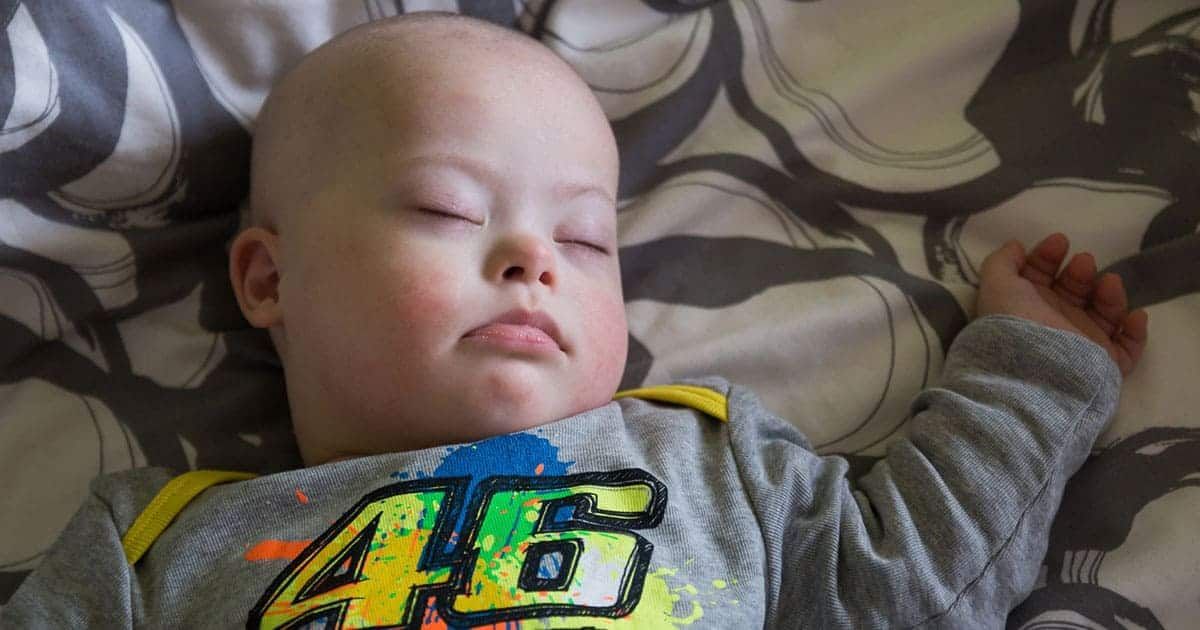Calcium: More Than Just Bones — It's the Nervous System’s Sleep Signal
"Sleep isn't just rest — it's repair. Great sleep begins before you close your eyes — it's in the balance your body wisely applies."
"Calcium"?
While calcium is well known for its role in building strong bones and teeth, few realize its critical role in the sleep cycle and nervous system regulation. Calcium helps the brain produce melatonin — the hormone that regulates sleep-wake cycles — and supports GABA (gamma-aminobutyric acid), the brain’s primary inhibitory neurotransmitter. GABA is what tells the brain to relax, stop firing, and prepare for sleep.

When calcium is too low, GABA function may be impaired, leading to:
1.
Difficulty falling or staying asleep.
2.
Nighttime restlessness or muscle twitching.
3.
Anxiety or restless behavior at bedtime.
4.
Poor quality sleep that doesn’t restore.
Why Special Needs Children Are at Higher Risk of Calcium Imbalance?
Children with autism spectrum disorder, sensory processing challenges, or neurological conditions often have restricted diets (avoiding dairy, certain textures, or calcium-rich vegetables), gut absorption issues, or even vitamin D deficiency, which blocks calcium uptake. Over time, these deficiencies can silently create neuromuscular tension and impaired sleep chemistry.

"How Calcium Supplementation May Help?"


